Ronald Inglehart, Christian Welzel0521846951, 9780521846950
Table of contents :
Cover……Page 1
Half-title……Page 3
Title……Page 4
Copyright……Page 6
Contents……Page 7
Acknowledgments……Page 9
Foreword……Page 11
Introduction……Page 13
A Brief Overview of the Book……Page 17
Part I: The Forces Shaping Value Change……Page 25
The Controversy over Modernization Theory……Page 27
The Persistence of Traditional Cultures……Page 30
The Causal Primacy of Socioeconomic Development……Page 34
Two Dimensions of Cultural Change……Page 37
Industrialization and Rising Secular-Rational Values……Page 38
Postindustrialization and Rising Self-Expression Values……Page 39
Individualized Forms of Spirituality……Page 43
Humanistic Risks and Egocentric Threats……Page 44
Value Change as a Cultural Process……Page 45
Value Change in History……Page 46
Cognition and Experience as Sources of Value Change……Page 49
Cultural Change and Its Institutional Manifestations……Page 51
Cumulative Changes and Sudden Breakthroughs……Page 53
Consequences of Cultural Change……Page 55
Antimodern Reactions to Modernity……Page 56
Existential Security, Individual Autonomy, and the Knowledge Society……Page 57
Conclusion……Page 58
2 Value Change and the Persistence of Cultural Traditions……Page 60
Socioeconomic Development and Cultural Change……Page 68
The Global Cultural Map……Page 73
How Real Are the Cultural Zones?……Page 77
Generating Cultural Zone Factors……Page 84
Summary……Page 88
3 Exploring the Unknown: Predicting Mass Responses……Page 89
Developing Predictive Formulas……Page 93
Random versus Systematic Predictions……Page 98
Predicting the Responses of 120 Publics in 2005–2006……Page 100
Predicting Responses to Specific Questions in 2005–2006……Page 102
Conclusion……Page 104
4 Intergenerational Value Change……Page 106
Generational Differences and Cultural Change……Page 107
The Rise of Postmaterialist Values……Page 109
Testing the Value Change Hypothesis……Page 111
What Causes the Period Effects?……Page 114
Intergenerational Value Differences around the World……Page 119
Conclusion……Page 125
The Rise of Elite-Challenging Civic Action……Page 127
Other Aspects of the Shift toward Self-Expression Values……Page 138
Attitudes toward Gender Equality……Page 141
Happiness and Interpersonal Trust……Page 142
Changes on the Survival/Self-Expression Dimension as a Whole……Page 143
Conclusion……Page 145
The Psychological Roots of Human Development……Page 147
Individualism, Autonomy, and Self-Expression as Evolving Phenomena……Page 150
The Psychological Force toward Human Self-Expression: Subjective Well-Being……Page 151
The Civic Nature of Self-Expression Values……Page 153
Conclusion……Page 156
Part II: The Consequences of Value Change……Page 159
7 The Causal Link between Democratic Values and Democratic Institutions: Theoretical Discussion……Page 161
The Centrality of Self-Expression Values……Page 162
Culture and Institutions: What Determines What?……Page 169
Illustrative Contrasts……Page 172
Elite-Focused and Institution-Focused Parochialism……Page 176
Modernization and Regime Change……Page 179
The Limits of Socioeconomic Modernization……Page 182
Conclusion……Page 183
Institutional versus Cultural Explanations……Page 185
Defining Democracy……Page 186
Tracking the Third Wave of Democratization……Page 188
Statistical Analysis of Causality……Page 190
Step 1: Explaining the Presence of Formal Democracy……Page 192
Step 2: Explaining Shifts toward and away from Democracy……Page 198
Step 3: Explaining Levels of Effective Democracy……Page 203
Self-Expression Values and Effective Democracy……Page 208
The Role of Other Structural Factors……Page 216
Step 4: Explaining Discrepancies between Formal and Effective Democracy……Page 218
Conclusion……Page 220
9 Social Forces, Collective Action, and International Events……Page 222
Rhythms of Change……Page 224
External Stimulating Factors……Page 227
Mass Culture and Elite Behavior……Page 229
Path Analysis……Page 234
Cultural Change and Collective Action……Page 236
Conclusion……Page 241
Misinterpretations of the Ecological Fallacy……Page 243
Mass Tendencies and System Characteristics……Page 245
Societal-Level Linkages That Do Not Exist at the Individual Level……Page 246
Effect Thresholds and Central Tendencies……Page 247
The Equivalence of Mass Values across Cultures……Page 251
Conclusion……Page 256
Rival Theories of Political Culture……Page 257
Three Competing Approaches……Page 259
Analytic Strategy……Page 261
The Legitimacy Approach……Page 262
The Communitarian Approach……Page 266
The Human Development Approach……Page 268
The Centrality of Liberty Aspirations……Page 270
Institutional Confidence and Interpersonal Trust……Page 272
Conformist and Challenging Forms of Civic Activism……Page 273
Intrinsic and Instrumental Support for Democracy……Page 275
Summary……Page 282
Gender Equality as an Aspect of Human Development……Page 284
Traditional Causes of Gender Inequality……Page 289
New Factors Promoting Gender Equality: The Welfare State……Page 290
The Emerging Knowledge Society……Page 292
Religious Heritage: Western versus Non-Western Societies……Page 293
Rising Self-Expression Values……Page 294
Conclusion……Page 296
A Humanistic Transformation of Modernization……Page 297
The Human Development Sequence……Page 299
Moral Aspects of Human Development……Page 300
Egocentric versus Humanistic Values?……Page 303
Human Development and Social Capital……Page 305
Human Development in Historical Perspective……Page 307
Foreign Policy Implications……Page 309
Conclusion: An Emancipative Theory of Democracy……Page 311
Bibliography……Page 313
Index……Page 335
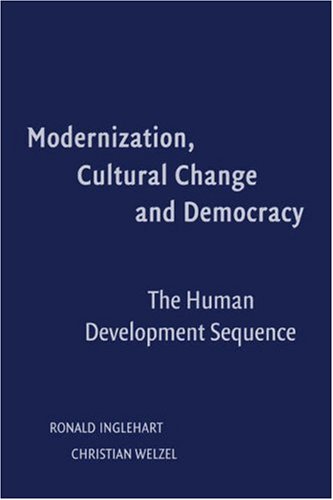

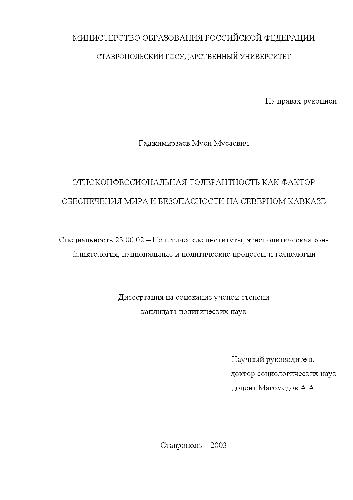
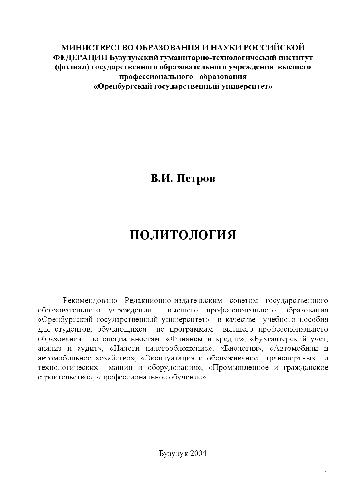
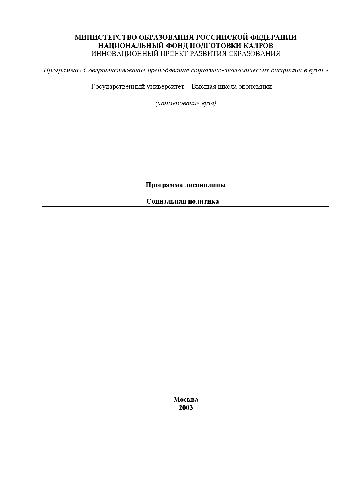
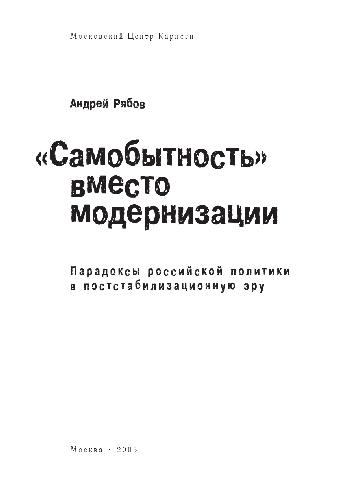
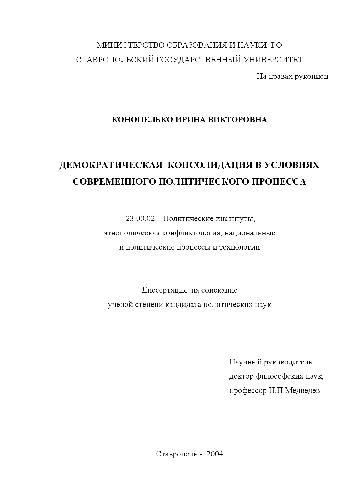
Reviews
There are no reviews yet.